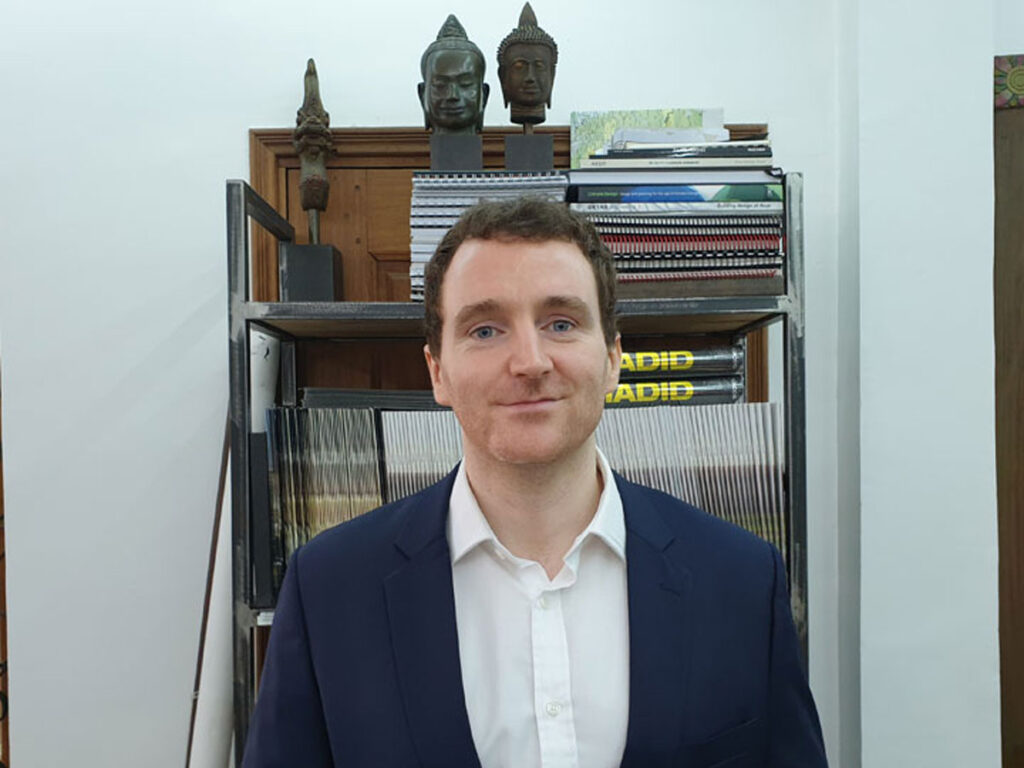VOICES FROM THE ECCC (Extraordinary Chambers in the Court of Cambodia)/THE KHMER ROUGE TRIBUNAL.
- Can you state your name, your position, and a brief summary of your basic responsibilities?
- What brought you to the ECCC in this role?
- Tell us about what you do at the ECCC as a prosecutor.
- Can you comment on any significant challenges faced in your role at the ECCC?
- What are your thoughts on the positive and negative aspects of a hybrid court?
- At times, the International and Cambodian sides of the ECCC arrived at different positions. Can you comment on how the different sides worked together?
- You have worked with other international courts, such as the International Criminal Tribunal for Former Yugoslavia and the Special Court for Sierra Leone. How would you compare your experiences at the ECCC to these other courts you’ve worked with?
- Are there any lessons learned, best practices, or recommendations for future tribunals that stand out in your mind based on your time at the ECCC?
- Are there opportunities or tasks that you think should be accomplished but were not attained—either because of legal or other impediments?
- What challenges do you see for future courts handling mass atrocities based on your work at the ECCC?
- Can you recall any experiences at the ECCC that changed your perspective?
- Keeping within the boundaries of what has been released to the public: Can you recall any accused or survivor stories that resonated with you?
- What do you think the major impacts of the ECCC will be on Cambodian society, both now and, say, 20 years from now?
(Photo by San Bunsim, September 17, 2019)

